Let’s talk ETHOS
What is corporate social responsibility? CSR is when a private business takes on the responsibility of using their platform to better society. Botanicam was created just for this purpose. The founders actually had a whole different company but put that on hold when they found out about CBD and created Botanicam, a true love project.
They saw how this plant was healing people and children, they learned the history of the plant and the propaganda surrounding it—they were both inspired by the science but saddened by the stigma surrounding such a medicinal plant. The real shock came when they found out what was happening in the current hemp industry. Without proper regulation by the FDA, companies are getting away with creating products lacking proper safety protocols. Further, most products are being mislabeled, as they do not contain the cannabinoids they claim to have on the bottle. There is even one company (we will not say the name) that was putting cough syrup in their products so that people would “feel something.” (What?!?!) How could this happen? Well, without FDA regulations, companies are producing bogus products and do not have to take any accountability. This is how Botanicam started.
Not only do Amy Lund and Laurent Zilber want to do right by the plant, but they want to do right by the community—to heal the community. This is why they have the strictest criteria in the business for products to be on their platform. They are happy to give 25% off to all veterans, active-duty members, low-income individuals, and those with long-term disabilities. (During the pandemic, they have added essential workers to this list, as well.) They participate in initiatives including handing out free CBD in the Bahamas after Hurricane Dorian. Not only that, but Botanicam will not work with any company that does not give back to their communities, offer discount programs and practice very high business ethics as well. This is a company trying to heal communities and taking the responsibility of honoring this plant very seriously.
When discussing the criteria to be on the Botanicam platform, Amy stated,
“[It] is actually very simple. It’s basic. But yet, 90% of the companies out there aren’t fulfilling their duty to the consumer in providing a good product.”
Laurent and Amy make sure all of their manufacturers use 100% organic ingredients, 100% organic hemp, bioavailable carrier oil, have quality third-party testing, and have environmentally friendly and safe extraction methods with clearly packaged labels. They make sure all of their manufacturers have CGMP approval, superior customer service, unbiased industry evaluations, complete ingredients lists, use no animal testing, and no artificial chemicals/preservatives/dyes. They also have all eco-friendly shipping and packaging supplies, mostly made from hemp!
If we want to live in a more empathetic, caring, loving world, it is essential that both businesses and individuals take responsibility for living their ethics; for operating with authentic regard for the current and future state of this wonderful world that we all inhabit. Psychologist and NYU professor Susen Anderson said it best: “Even if your whole society is going crazy, it’s your responsibility to remain human.” That’s what we try to do here at Botanicam.
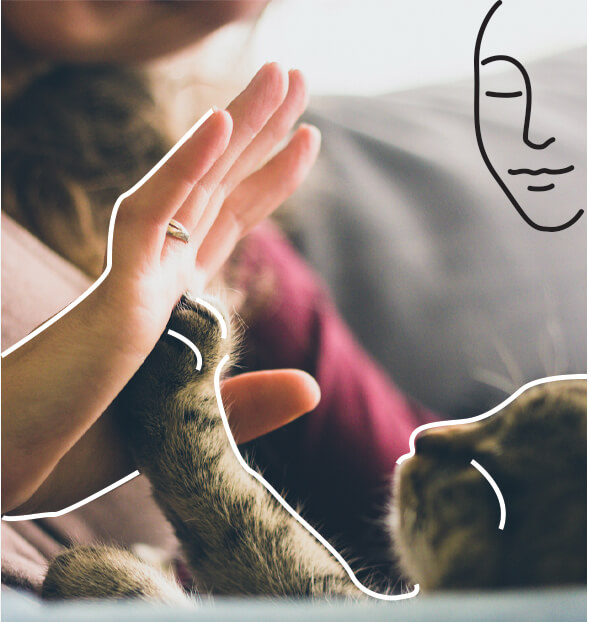
Photo by Jonas Vincent on Unsplash
AN EXISTENTIAL CRISIS
This aforementioned lack of accountability is not exclusive to the hemp industry. Our society as a whole seems to be going through a bit of an existential crisis, between the collective realization of historical disenfranchisement, the destruction of the environment, and even the destruction of our own bodies. Maybe it’s time to talk about existentialism, what it even is, existential psychology, and why it matters right now.
Existentialism arose from World War 2. Philosophers and psychologists alike looked at the rise of totalitarian societies from Germany, to Russia, to China, to Cambodia, all over the world, and the over 100 million people left dead in their wake. They wondered, how did this happen?
Anderson used an example of a woman in Germany at the beginning of Hitler’s reign.
A woman is bringing home peas from the market, she is starving, the whole country is starving, there is no money, therefore, no food, disease is spreading, and she is just wondering how she can make these peas taste good, as they are the only thing her and her family will be eating that night. As she gets to her apartment’s door step, she notices a group of Jewish children being boarded on a bus by apathetic, hard, scary military men. Hmmm. She looks at her door, turns the key and heads upstairs, gets to her door, turns the key and walks inside. She puts the groceries on the counter and goes back to wondering how she will make this meal appetizing.
The existentialists meditated on this: what does this story tell us about us? About human nature? Andersen explained, “her consciousness was shutting down and shutting off as if it was not happening.” Essentially, she had blinded herself from the reality of what was going on. She disintegrated from her humanity.
This extreme period in history enlightened the world to how naturally humans are able to cut off their own humanity. It seems almost natural, as this is a constant throughout societies across the globe. Whether we are talking wars, sports teams, politics, family game night—when we enter a competition, we automatically turn off the capacity to see the person as a full person with unique thoughts and feelings, and instead, see them as a target. It is basically goal behavior: one must achieve the goal and they are blind to everything else. This makes evolutionary sense, as this is how animals think, and this is how homo sapiens survived.
It is important for every single one of us to understand that these impulses are inside of us. Every single one of us has the impulse to blind and lie to ourselves, and to see another as another—maybe even as an enemy. Knowing this, the information becomes a tool to stop the “shrinking of consciousness,” as Satre puts it, before it’s too late.
You see the conditions of life are suffering—they make it very easy for us to become hedonistic animals, only looking out for one’s own pleasures. In America, this message is actually sold to you through PR and advertising. On top of that, we are so over-stimulated that it can be hard to quiet our minds and hear our own truth. Due to all of this, we find it very easy to shut down our consciousness and drown in pleasure and material goods.
But if you, in your own psyche and your own life take a stand against this—it matters. Your decisions don’t only bleed out into your friends, family, and community, but the actions of every individual tilt the collective psyche and the collective actions of the world. The world actually hinges on you taking responsibility in your individual life, and you living with authenticity and honesty in your individual life. You matter. The state of the world tomorrow is dependent on the choices you make today.
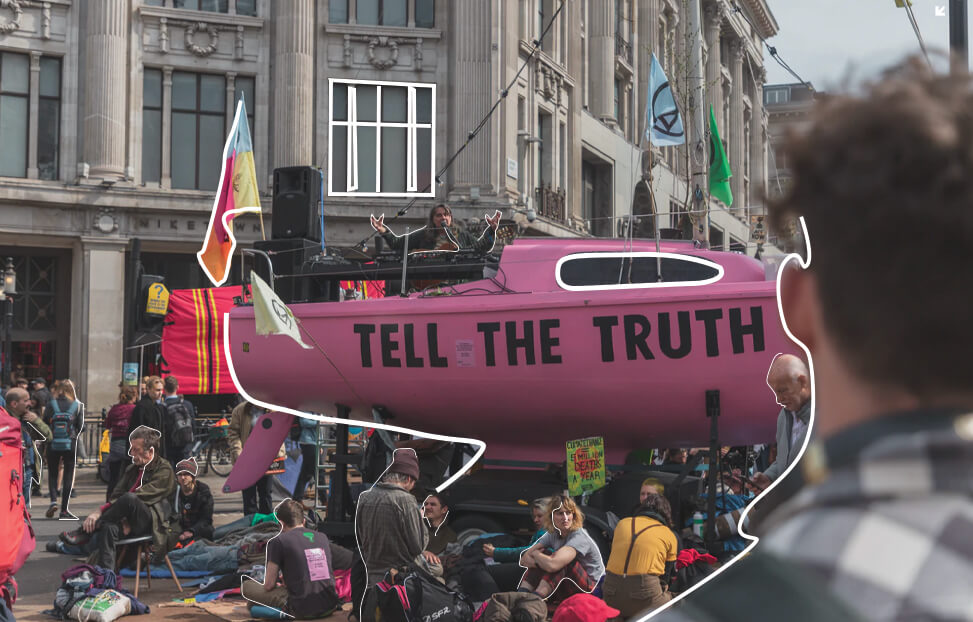
Photo by Joël de Vriend on Unsplash
Freedom and Responsibility are Fundamentally Intertwined
If life is asking you to question everything, even your own value system, then life is asking you to really think about your own ethos. Finding your unique ethics that you actually stand behind, these are ethics that mean something to you—it is an important practice, because formulating your own ideas is much different than blindly listening to someone else. Neitzche said that, once a truth becomes too big, the meaning is lost—this is true. Don’t listen to slogans. True freedom, Nietzche says, “is the will to be responsible for ourselves.” This is why he concluded that man doesn’t actually want to be free, because he doesn’t actually want the responsibility that comes along with it.
I think psychologist Jordan Peterson says it best. He claims that because life is so painful, there is something about humanity that tilts toward the pathological. I think this is especially true in a society of selfies and name brands. He claims that anything that we are doing which we know to be inadequate and wrong we must stop doing, because when we fail to stop ourselves from actions that make us feel weak, such as lying, we are helping society be that much more pathological. Every decision you make, or fail to make, matters to you, those around you, and to the collective at large.
Ultimately, there is a dichotomy here—because when you take on responsibility, your load actually becomes lighter. Based on the decisions you make in your day-to-day life, things get exponentially worse or exponentially better—it depends on the road you choose. It’s not about the big decisions, it’s about the decisions you make on a daily basis. Your life is your everyday thoughts and actions, not the big break at work or the big vacation from work.
The habits you form determine who you are and the life you live. Something like lying? One lie isn’t one lie—one lie takes you down the road of deceit and that is not a road you want to be on. The lies get bigger and bigger and you become more and more comfortable with them. Further, you have created a cognitive network around lying—A.K.A. brain maps of how you deal with things, in which your automatic impulse becomes lying. No one gets away with lying in the end, others lose respect and trust in you and you lose this in yourself as well.
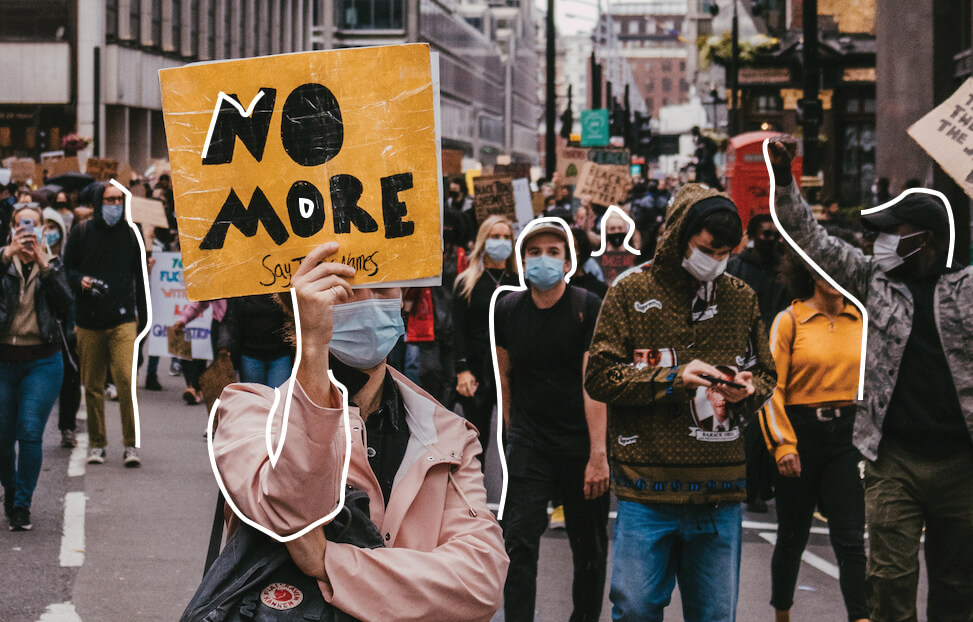
Photo by Edward Howell on Unsplash
Business with a Conscience: Devotion to Living Truth
I am so blessed to work at a company like Botanicam. This idea was born from love and love has been intertwined through it. A workplace that is concerned with doing the right thing is a positive influence in my life and that bleeds out. Botanicam’s serious commitment to CSR matters because it should be setting an example for the hemp community and for businesses at large. The way this company handles business has changed which businesses that I, personally, will support. It has set an example for me and I hope it sets an example for the hemp industry. The world needs business with a conscience, just as people need to be surrounded by people with consciousness.
Botanicam doesn’t expect to change the world, but I hope it makes it just a bit better. If you have any ideas for how we can further contribute to bettering the community, the environment, or anything else, please send an email to info@botanicam.com—we would be so happy to hear from you!
Corporate Social Responsibility videos
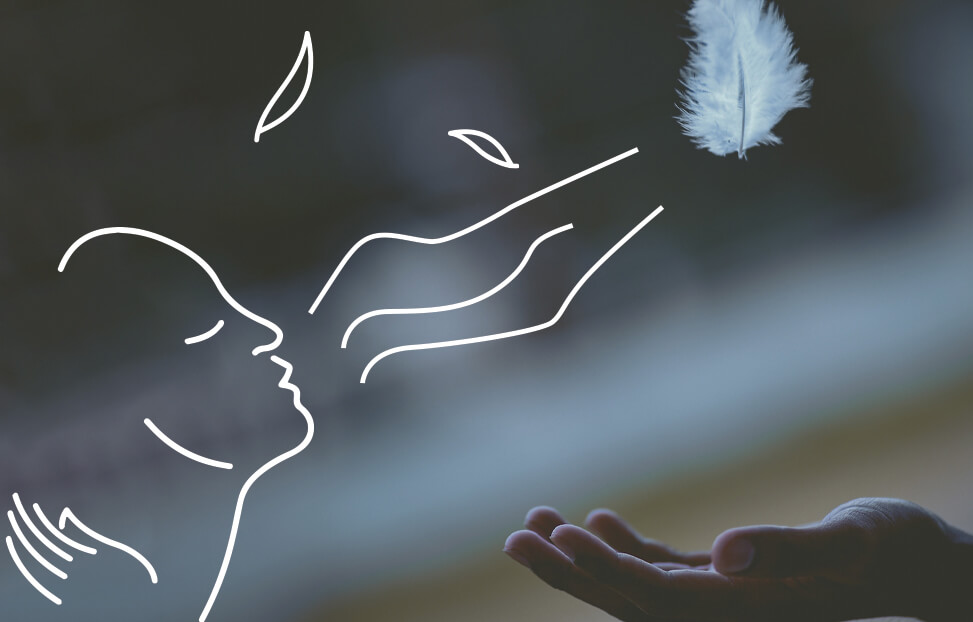
Photo by Javardh on Unsplash
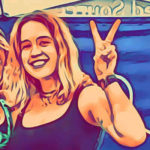
An Article By Evie Louise
Evie Louise is a recent psychology graduate from New York University. She is a certified in International Cannabinoid Clinical Therapy. Evie sees all forms of the cannabis sativa plant as the future of psychiatry, and hopes to use it in her therapy practice as a full spectrum approach to mental health and wellness.
